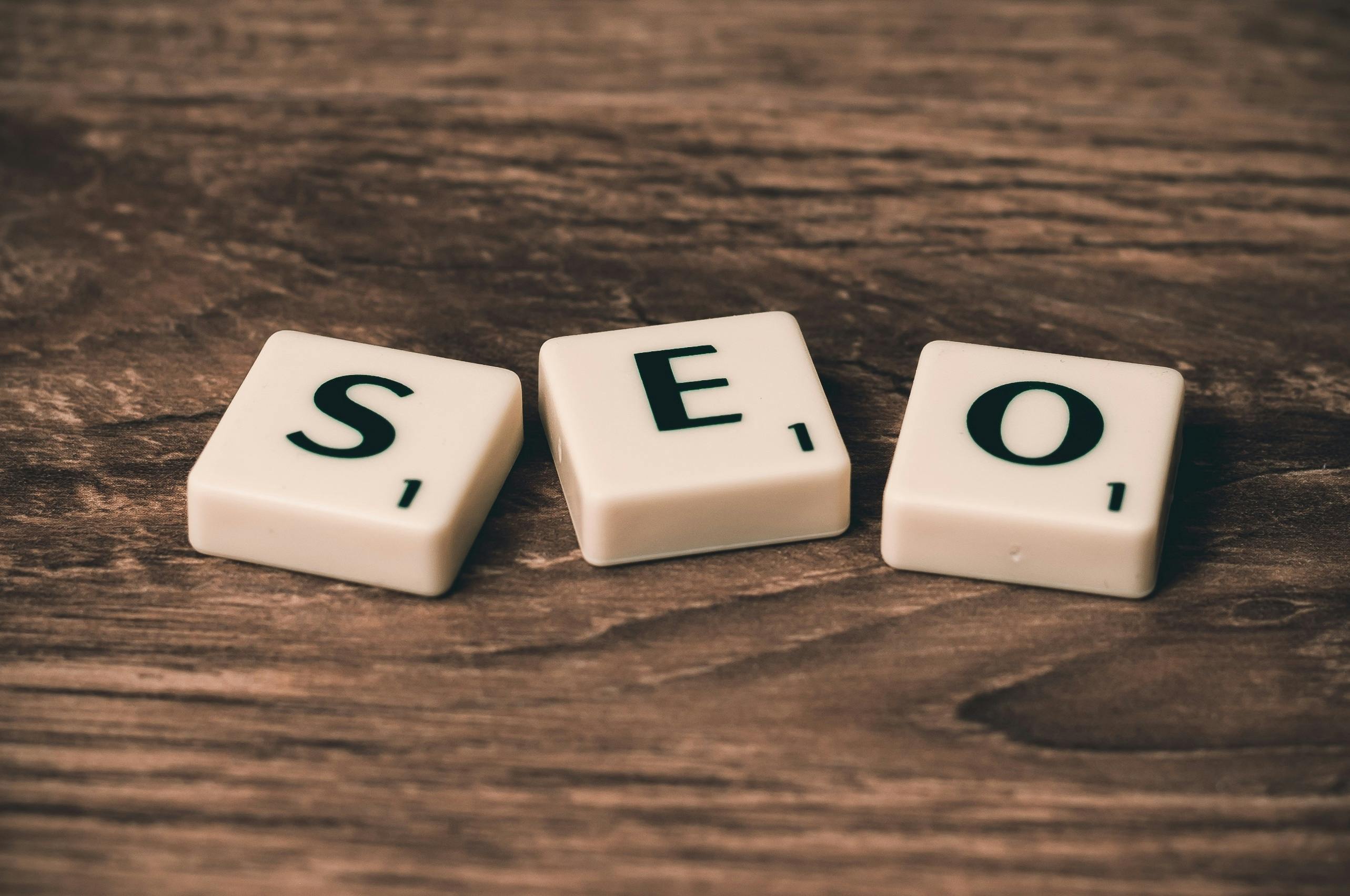SEO vs. Social: Where Should B2B Brands Invest in 2025?
Jul 9, 2025
Marketing Tips
As we head into the second half of the decade, digital marketing is no longer a question of if but where. For B2B brands navigating limited budgets, rapidly shifting platforms, and increasingly discerning audiences, the question is simple but critical: Should you invest more in SEO or social media in 2025?
Both channels offer immense potential—but they serve different purposes. In this blog, we’ll explore the strengths, limitations, and strategic roles of each, helping you decide how to allocate your marketing efforts more effectively.
The Case for SEO: Long-Term Value and Compounding Results
SEO has always been a foundational pillar of digital visibility. In 2025, it’s no different. In fact, SEO continues to evolve into a more content- and intent-focused strategy that rewards depth, relevance, and authority.
Benefits of SEO for B2B Brands
High-Intent Traffic: Users searching via Google often have a clear purpose—making SEO a key driver of quality leads.
Compounding Returns: Well-ranked pages can continue to deliver traffic and leads months (or even years) after being published.
Thought Leadership: Optimized long-form content allows brands to showcase expertise and build trust over time.
Keyword Targeting: SEO enables precise targeting based on pain points, industry jargon, and buyer intent.
Evergreen Content Efficiency: SEO content, especially educational or pillar pages, can remain relevant for years with minimal updates, creating long-lasting value.
SEO Limitations
Longer Ramp-Up Time: SEO is not a quick win—it can take 3–6 months to see real results, especially in competitive industries.
Algorithm Volatility: Google's core updates or changing search patterns can dramatically affect your rankings.
Requires Technical Investment: Success depends on technical optimization, mobile responsiveness, load speed, structured data, and site architecture.
Content Saturation: Many B2B niches are already saturated with similar SEO content, requiring more originality and topical depth to break through.
The Case for Social Media: Real-Time Engagement & Brand Visibility
In contrast, social media offers immediacy. It’s where your brand comes alive through voice, visuals, and conversation. In 2025, with the rise of short-form content, professional networking tools, and algorithm-driven discovery features, social media is more than just an awareness play—it’s also a growing lead generation and trust-building channel.
Benefits of Social Media for B2B Brands
Brand Personality: Platforms like LinkedIn, X (formerly Twitter), and even Instagram allow brands to humanize their voice and stand out.
Real-Time Feedback: Social platforms offer immediate insights into audience preferences, content performance, and topical relevance.
Viral Potential: A single well-timed or creatively executed post can gain traction quickly, expanding reach exponentially.
Community Building: Social platforms allow direct communication with audiences, fostering loyalty, advocacy, and feedback loops.
Content Experimentation: A/B testing formats, headlines, visuals, and tones is far more agile and measurable on social than through SEO.
Social Media Challenges
Short Shelf Life: Social posts have a limited visibility window and require frequent publishing to maintain relevance.
Algorithm Dependence: Organic reach is often throttled by unpredictable algorithms that favor engagement over relevance.
Lower Buyer Intent: Users on social are typically in discovery mode, not actively seeking solutions, which can limit conversion rates.
Pay-to-Play Environment: Increasingly, meaningful visibility requires budget allocation toward paid promotions or influencer partnerships.
SEO + Social: Why the Smartest B2B Brands Do Both
Choosing between SEO and social shouldn’t be an either/or decision. The most forward-thinking B2B marketers integrate both for maximum impact across the funnel.
How They Work Together
Use SEO to attract traffic to detailed whitepapers, guides, or blog posts—and repurpose that content for social distribution in short-form formats.
Analyze social performance to identify high-interest topics, then develop SEO-optimized pages around proven audience interests.
Build links and awareness by distributing SEO content across social channels, increasing traffic and engagement signals that benefit rankings.
Encourage engagement on social posts that link to SEO pages, driving more qualified traffic and data you can use to refine CTAs and copy.
Where Lobster Lead Comes In
Lobster Lead bridges the gap between SEO and social strategies. With centralized content planning tools, real-time performance analytics, and collaborative scheduling features, Lobster Lead empowers marketing teams to:
Build SEO-driven content calendars aligned with search trends and business goals
Repurpose content into multi-format social posts without starting from scratch
Track how each asset performs across both search and social to inform future strategies
Align internal teams through unified workflows, approvals, and asset libraries
With Lobster Lead, B2B marketers don’t have to choose between visibility and engagement—they can drive both, efficiently and intelligently.
Strategic Takeaways for 2025
If your goal is long-term visibility and lead generation: Prioritize SEO.
If your goal is brand building, real-time interaction, or event-based campaigns: Invest in social.
If you want consistent results across the funnel: Combine both, using tools like Lobster Lead to centralize and streamline content operations.
Final Thoughts
In 2025, the smartest B2B marketing strategy isn’t about choosing SEO or social—it’s about integrating them. By aligning your search and social tactics, you can guide prospects through the full buyer journey—from awareness to decision—with greater efficiency and impact.
With the right strategy and the right tools, B2B brands can create more cohesive content experiences, maximize return on investment, and build sustainable growth engines.
Want to optimize your SEO and social strategy under one roof? Learn how Lobster Lead can help your marketing team work smarter and grow faster.
























